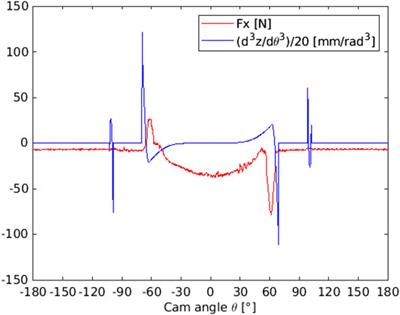ORIGINAL RESEARCH
Published on 25 Feb 2022
A Hybrid Multiscale Approach for Rubber Contact
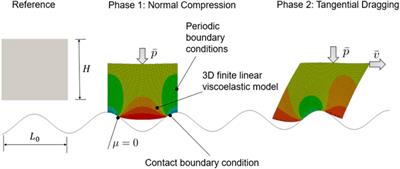
doi 10.3389/fmech.2022.814607
- 13,118 views
- 4 citations
4,482
Total downloads
45k
Total views and downloads
You will be redirected to our submission process.
ORIGINAL RESEARCH
Published on 25 Feb 2022

ORIGINAL RESEARCH
Published on 01 Oct 2021
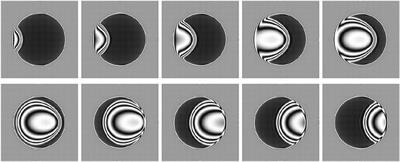
ORIGINAL RESEARCH
Published on 20 May 2021
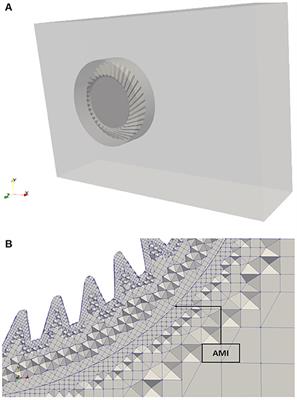
ORIGINAL RESEARCH
Published on 17 Mar 2021
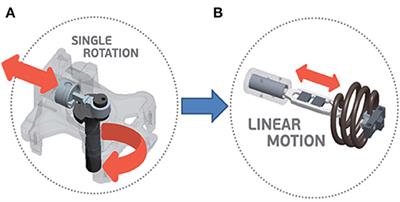
ORIGINAL RESEARCH
Published on 13 Nov 2020
